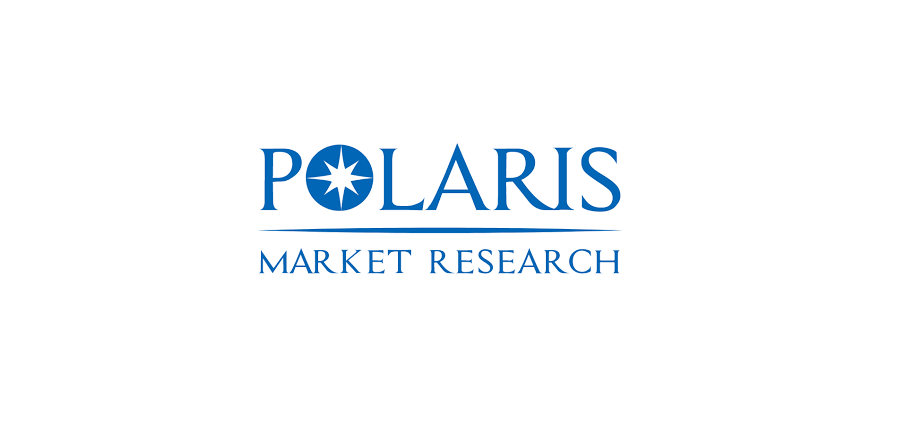The ginseng extracts market is steadily growing, driven by rising demand for natural health supplements, functional foods, and wellness products.
Market Summary
Ginseng extracts are available in various forms, including powders, capsules, liquid extracts, and standardized formulations containing active ginsenosides. The market is segmented based on type (Asian ginseng, American ginseng, Siberian ginseng), application (dietary supplements, functional foods and beverages, cosmetics, and pharmaceuticals), and distribution channel (retail, online, and specialty stores).
Dietary supplements represent a major application, with ginseng extracts used for energy enhancement, immunity support, cognitive function, and stress reduction. Functional foods and beverages such as energy drinks, herbal teas, and fortified snacks increasingly incorporate ginseng for their health benefits and consumer appeal. In the cosmetics industry, ginseng extracts are used in anti-aging creams, lotions, and hair care products due to their antioxidant and revitalizing properties. Pharmaceutical applications include formulations targeting fatigue, diabetes, and cardiovascular health.
Technological advancements in extraction processes, such as supercritical fluid extraction, enzyme-assisted extraction, and ultrasonic-assisted extraction, have improved the potency, purity, and bioavailability of ginseng extracts. Standardization techniques ensure consistent active compound levels, enhancing product quality and efficacy.
Key Market Growth Drivers
The growing consumer preference for natural and herbal products is a primary driver of the ginseng extracts market. Increasing health consciousness and awareness of the side effects of synthetic compounds have led consumers to adopt plant-based supplements.
Rising demand for functional foods and beverages is another significant driver. Food and beverage manufacturers are increasingly incorporating ginseng extracts into their products to provide added health benefits, cater to wellness-oriented consumers, and differentiate their offerings.
Scientific research validating the health benefits of ginseng, such as improving energy levels, cognitive function, immunity, and stress management, has further boosted market adoption. The availability of clinically tested and standardized extracts enhances consumer confidence and market growth.
The e-commerce and online retail channels are expanding market reach, allowing manufacturers to directly engage with consumers, offer product information, and deliver personalized health solutions. Growing urbanization, rising disposable income, and increased awareness of natural supplements are supporting market penetration in both developed and emerging regions.
Market Challenges
Despite growth prospects, the ginseng extracts market faces challenges. The high cost of high-quality ginseng roots and extraction processes can affect product pricing, limiting adoption in price-sensitive markets.
Quality control and standardization are critical issues, as variations in active compound concentrations, adulteration, and contamination can impact efficacy and consumer trust. Ensuring consistent product quality requires stringent sourcing, processing, and testing protocols.
Regulatory complexities and compliance requirements across different countries may slow market expansion. Approval processes, labeling standards, and safety regulations vary globally, posing challenges for manufacturers and exporters.
Additionally, sustainability concerns related to ginseng cultivation, harvesting, and sourcing can impact long-term supply. Overharvesting, soil depletion, and environmental factors may limit the availability of high-quality ginseng roots.
Browse More insights:
https://www.polarismarketresearch.com/industry-analysis/ginseng-extracts-market
Regional Analysis
The ginseng extracts market has a strong presence across North America, Europe, Asia Pacific, Latin America, and the Middle East & Africa.
Asia Pacific dominates due to the historical and cultural use of ginseng in countries such as China, South Korea, and Japan. High awareness of health benefits, established supply chains, and integration into traditional and modern healthcare systems contribute to significant market demand. China and South Korea are major producers and consumers, with robust manufacturing capabilities and export potential.
North America represents a key market, driven by increasing health consciousness, adoption of herbal supplements, and the growth of functional food and beverage sectors. The U.S. and Canada are leading markets, with consumers increasingly seeking natural energy boosters, immunity enhancers, and anti-aging products.
Europe is witnessing steady growth, supported by rising demand for dietary supplements, natural cosmetics, and wellness products. Germany, the UK, France, and Italy are significant contributors, with strong retail infrastructure and regulatory frameworks promoting herbal and natural products.
Emerging markets in Latin America and the Middle East & Africa are gradually expanding, driven by rising disposable incomes, increasing health awareness, and the adoption of herbal and traditional medicines. Brazil, Mexico, and the UAE are notable contributors in these regions.
Key Companies
The ginseng extracts market is highly competitive, with major players focusing on product innovation, quality assurance, and global distribution. Key companies include:
-
Korea Ginseng Corporation (KGC)
-
Amorepacific Corporation
-
Nature’s Bounty Co.
-
NutraScience Labs
-
Ginsana SA
-
Chyawanprash Pharma Pvt Ltd
-
Hsu Fu Chi International Ltd.
-
Siberian Health Group
-
Li’L Critters Ginseng Extracts
-
Vitacost, Inc.
These companies emphasize research and development, standardization of extracts, and sustainable sourcing practices. Strategic partnerships, acquisitions, and regional expansion strategies strengthen their global presence and competitive positioning.
Conclusion
The ginseng extracts market is poised for sustained growth, driven by increasing consumer demand for natural supplements, rising health awareness, and expanding applications in dietary supplements, functional foods, beverages, and cosmetics. Technological advancements in extraction, standardization, and formulation enhance product quality, efficacy, and market adoption.
Challenges such as high production costs, quality control, regulatory compliance, and sustainability concerns exist; however, innovations in sourcing, processing, and product development provide solutions and growth opportunities.
Overall, the ginseng extracts market is expected to continue expanding, supported by global trends toward natural wellness, preventive healthcare, and functional nutrition, offering manufacturers, retailers, and consumers a wide range of high-value, health-focused products.
More Trending Latest Reports By Polaris Market Research:
Precision Guided Munition Market
Rising Frequency of Outsourcing R&D by Pharma Companies
Precision Guided Munition Market



